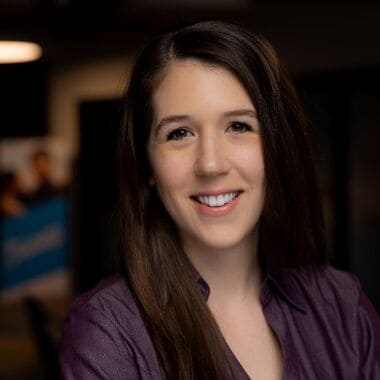Christine McClary
Dallas-Fort Worth '11
Christine's teaching experience motivated her to pursue a master's degree in speech-language pathology for bilingual students.
Q&A
How did your corps experience shape your future aspirations?
My teaching experience is what motivated me to pursue speech-language pathology. In the schools, I saw a shortage of bilingual speech therapists, meaning that students who already struggle with language received language intervention in their weaker language, often by someone without training in bilingual speech and language development. This was a gap I could fill. Language learning is also a passion of mine, so the choice to pursue speech pathology was clearly the right one for me—it was a convergence of my passions, talents, and interests.
How did your experience living and teaching in Fort Worth influence your decision to continue your education at Texas Christian University?
Going to TCU allowed me to stay local and connected with the community where I taught. I chose to attend TCU because they have arguably the longest-running bilingual SLP program in the country, and are focused on creating exceptional bilingual clinicians. TCU produces great research as well. Their utmost goal is for students to leave the program with excellent clinical skills, which students in our public schools need and deserve.



